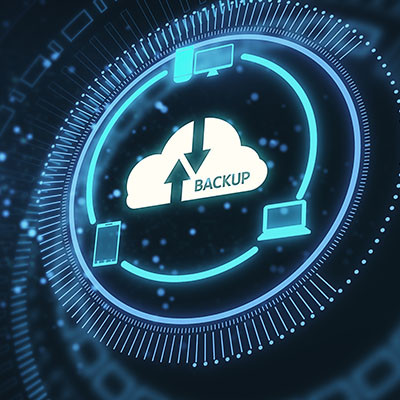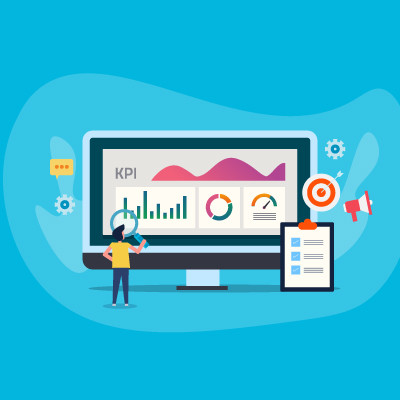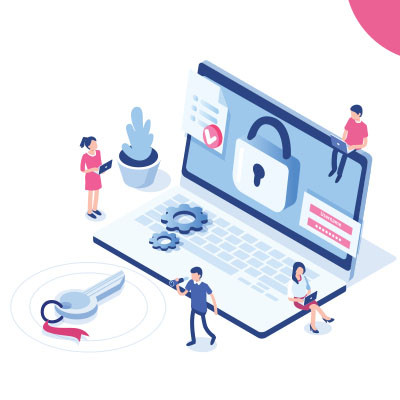A successful business thrives on building beneficial relationships, which generates a lot of data and contracts that need to be efficiently shared and stored. While this might seem straightforward, leveraging today’s technology can significantly cut down on filing costs and enhance file-sharing efficiency. Let’s explore how.
About Virtual Business Solutions
Virtual Business Solutions has been serving the Louisiana area since 1999, providing IT Support such as technical helpdesk support, computer support and consulting to small and medium-sized businesses. Our experience has allowed us to build and develop the infrastructure needed to keep our prices affordable and our clients up and running.
Understanding IT
Get the Knowledge You Need to Make IT Decisions
Technology is constantly evolving, and keeping up can feel overwhelming. Whether you want to understand cybersecurity threats, explore automation, or learn how regulations like PCI DSS impact your business, we’ve made it easy to access clear, straightforward insights on key IT topics.
Contact Us
808 North Causeway BLVD
Metairie, Louisiana 70001
Mon to Fri 9:00am to 6:00pm




















